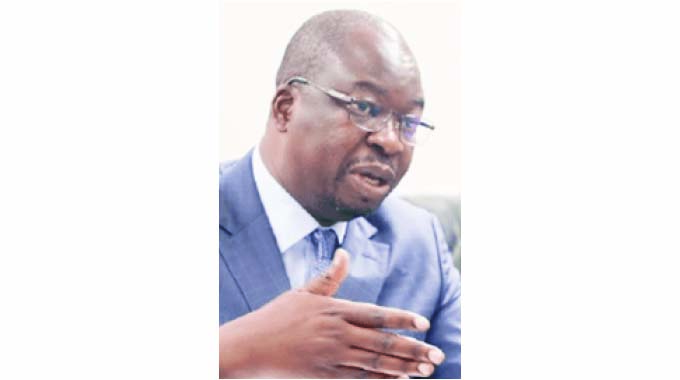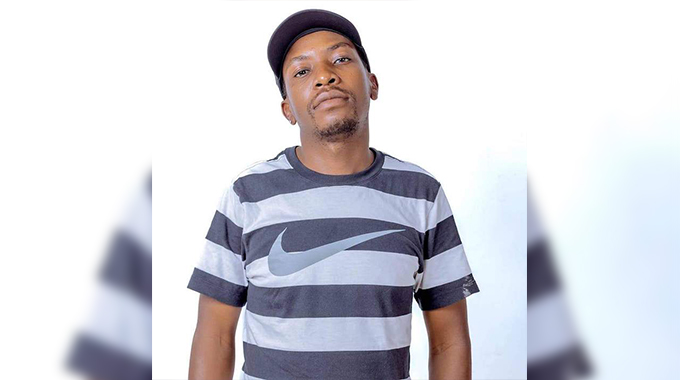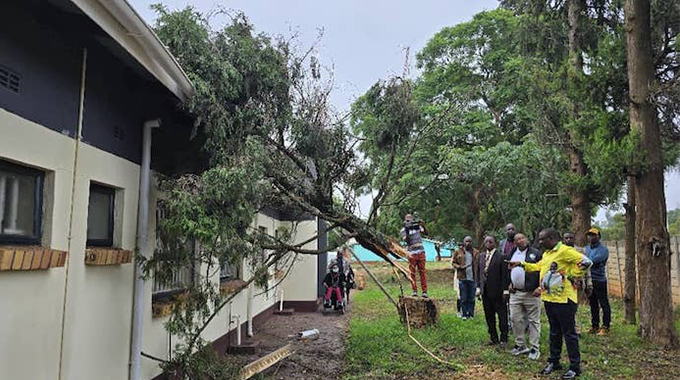Bola Tinubu inauguration: Nigeria swears in new president

Bola Tinubu won February’s election with 37% of the vote, a victory that is being challenged in court
The new president of Africa’s largest democracy, Nigeria, has been sworn in at a ceremony in the capital, Abuja.
Bola Tinubu, 71, won February’s election with a promise to renew hope – but he faces tough economic and security challenges.
He takes over from two-term President Muhammadu Buhari amid a high inflation rate, record debt levels, and increasing cases of kidnap-for-ransom.
Mr Tinubu’s victory is being challenged in court by his two closest rivals.
They say the outcome was manipulated.
But the outgoing president, who did not run in the election after eight years in power, said the results were “credible” and the vote was “fair and transparent”.
Dignitaries from across the continent, including Vice President of Zimbabwe General (Retired) Constantino Chiwenga, were at the swearing-in ceremony in the capital, Abuja, reflecting the significance of the event.
President Tinubu may have little time to celebrate. Nigerians expect swift action.
Inflation is running at its highest rate for nearly 18 years, one in three people are unemployed and the output of the vital oil industry is shrinking.
He will have to move quickly to convince people who did not vote for him that he is up to the task.
The five tests awaiting Nigeria’s new president Bola Tinubu – the ‘godfather’ set to lead Nigeria
In one sign that he intends to shake things up, the new president used his inaugural speech to announce that the government will stop subsidising imported petroleum products.
He said the payments could not be justified in the face of drying resources, but cheaper petrol has been seen by many Nigerians as one benefit that the ordinary citizen gets from the authorities.
“Instead, the money will be invested in public infrastructure that will provide for people,” Mr Tinubu said.
It is not clear when the policy will kick-in, but subsidy payments were due to end next month.
The trained accountant is unlikely to be fazed by the many challenges. As a two-term governor of Lagos, he revitalised Nigeria’s commercial hub – no easy job – and is well aware of the issues.
His allies say he will take the same technocratic and thoughtful approach to running Nigeria, a vast country of more than 200 million people.
But opponents of the new president say he has lost the vitality he used to forcefully modernise Lagos.
Since the election he has travelled abroad twice, raising questions about his health. In 2021 he spent months in London being treated for an undisclosed illness.
He has brushed off the criticism, saying the job does not require the fitness of an Olympic athlete – and his associates are quick to remind everyone that US President Joe Biden is older, at 80.
But if the candidates who came second and third – Atiku Abubakar and Peter Obi – in February’s presidential election have their way then Mr Tinubu may not be in power for very long.
The election tribunal is expected to start hearing the main arguments on Tuesday and the outcome of the case should be known within the next six months.
BBC\ Online reporter












Comments